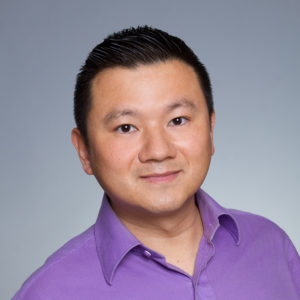 Madeleine Zelin
Madeleine Zelin
Dean Lung Professor of Chinese Studies,
History East Asia coordinator
Office: 611 Kent Hall
Office Hours: Tuesdays 10:30-12:30 Link for appointment https://calendar.app.google/GUxE5JGxp18TULmc6
Phone: (212) 854-2592 [I do not use my phone, please email]Email: mhz1@columbia.edu
Educational Background
BA: Cornell University (’70)
PhD: University of California, Berkeley (’79)
Selected Classes Taught
HSEA GU4891 Law in Chinese HIstory
HSEA GU4880 History of Modern China I
HSEA GU4884 Merchants, Markets and the State
HSEA GR8888 Colloquium on Chinese Legal History
HSEA G8861 Industrial Revolutions
Research Interests
Modern Chinese Legal and Economic History, Comparative History of Law and the Economy
Madeleine Zelin has, since her Ph.D. work at the University of California at Berkeley, taken an
iconoclastic approach to the complex forces shaping modern China. Professor Zelin’s recent
research has focused on legal history, the role of law in the Chinese economy and the interface
between law, culture and the market in early modern China. She has written on state handling
of economic disputes as well as the role of Chambers of Commerce as new sites for economic
mediation. Her chapter on “Economic Freedom in Late Imperial China” (in William Kirby, ed.,
Realms of Freedom in Modern China, Stanford, 2004) challenges the assumption that the
politically autocratic late Ming and Qing imperial regimes were restrictive in their handling of
the private economy. Her latest book, The Merchants of Zigong, Industrial Enterprise in Early
Modern China, is a study of an advanced industrial community in southern Sichuan from the
eighteenth to the early twentieth century and provides new insights into the role of customary
legal and business practices in China’s early modern economic development. It has been
awarded the Fairbank Prize (American Historical Association), Alan Sharlin Memorial Award
(Social Science History Association) and the Humanities Prize of the International Conference on
Asian Studies (ICAS). As part of her commitment to mentoring younger scholars in legal and
economic history of East Asia Professor Zelin serves as co-director of the first AAS New
Directions Workshop: Economic History of Asia and is a founding board member of the
International Society for Chinese Law and History. She is currently completing a book on China’s
earliest company and bankruptcy law reforms at the onset of the twentieth century.
Selected Publications
Merchant Communities in Asia, 1600‐1980 (co-editor, Pickering and Chatto, 2015)
The Merchants of Zigong, Industrial Entrepreneurship in Early Modern China (Columbia, 2005)
The Magistrate’s Tael: Rationalizing Fiscal Reform in Eighteenth Century Ch’ing
China (University of California, 1984)

 Gray Tuttle
Gray Tuttle
